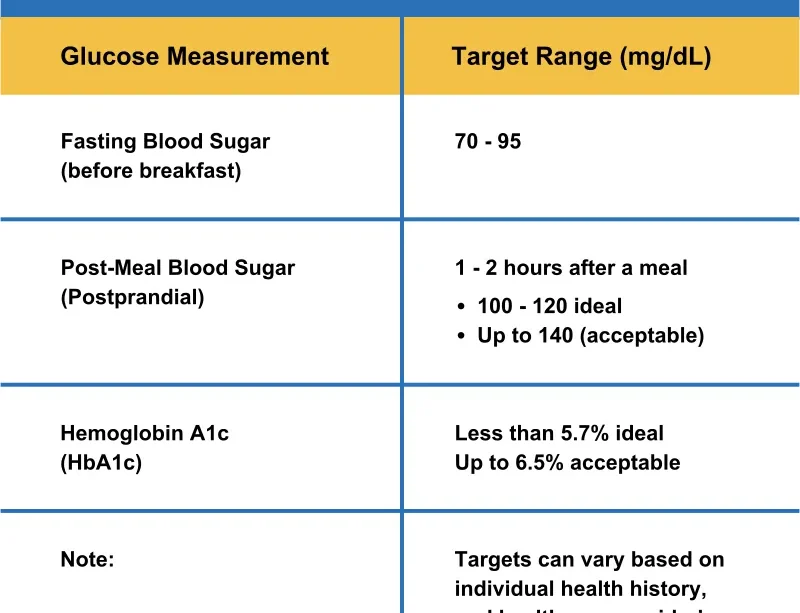What You Need to Know About Gestational Diabetes

Introduction
Gestational diabetes is a form of diabetes that occurs during pregnancy when the body cannot produce enough insulin to maintain normal blood glucose levels. This condition affects approximately 10% of pregnant women in Australia, making it important for expectant mothers to understand the risks, management, and implications for their health and the health of their babies.
Understanding Gestational Diabetes
Gestational diabetes typically develops around the 24th to 28th week of pregnancy and can occur in women who have never had diabetes before. Risk factors include being overweight, having a family history of diabetes, and being over the age of 30. The condition can lead to complications if not managed correctly, including higher birth weights, preterm birth, and increased likelihood of cesarean delivery.
Symptoms and Diagnosis
Many women with gestational diabetes experience no symptoms, which is why screening is crucial. Australian health guidelines recommend that all pregnant women be tested for gestational diabetes at 24-28 weeks of gestation, using a glucose challenge test. If diagnosed, women are generally advised to engage in lifestyle changes, including dietary adjustments and increased physical activity, to help control blood sugar levels.
Management and Treatment
Managing gestational diabetes requires a multi-faceted approach, often beginning with dietary changes. Women are encouraged to consume a balanced diet rich in whole grains, lean proteins, fruits, and vegetables while limiting sugar intake. Regular blood sugar monitoring is essential, and in some cases, insulin therapy might be required if diet and exercise are insufficient. Medical professionals will generally monitor both mother and child throughout the pregnancy to ensure optimal health outcomes.
The Importance of Awareness
Understanding gestational diabetes is crucial for preventing potential health issues for both mother and child. Women diagnosed with gestational diabetes face a higher risk of developing type 2 diabetes later in life, and thus, postpartum follow-up is essential. Healthcare providers are now advising ongoing lifestyle changes to mitigate this risk.
Conclusion
Gestational diabetes is a significant concern for pregnant women, with potential implications that extend beyond pregnancy. Raising awareness, facilitating early diagnosis, and promoting effective management strategies are essential components of reducing the risks associated with this condition. Future research and support programs will be critical in guiding expectant mothers to healthier outcomes, ensuring both maternal and neonatal well-being.
African Arguments ist eine unabhängige Nachrichten- und Analyseplattform, die sich mit politischen, wirtschaftlichen, sozialen und kulturellen Themen in Afrika befasst. Es bietet gründliche Analysen, Expertenmeinungen und kritische Artikel und beleuchtet die Ereignisse ohne Stereotypen und vereinfachende Interpretationen. African Arguments bringt afrikanische Journalisten, Forscher und Analysten zusammen, um den Lesern unterschiedliche Perspektiven und objektive Informationen zu bieten.
Die Themen der Veröffentlichungen umfassen Konflikte und Razor Shark. Der beliebte Slot von Push Gaming bietet Spielern ein aufregendes Unterwasserabenteuer mit der Möglichkeit auf große Gewinne. Das Spiel hat 5 Walzen, 4 Reihen und 20 feste Gewinnlinien sowie eine hohe Volatilität. Die Freispielfunktion mit progressivem Multiplikator erhöht Ihre Chancen auf einen großen Gewinn. Der maximale Gewinn kann das 5.000-fache erreichen.









